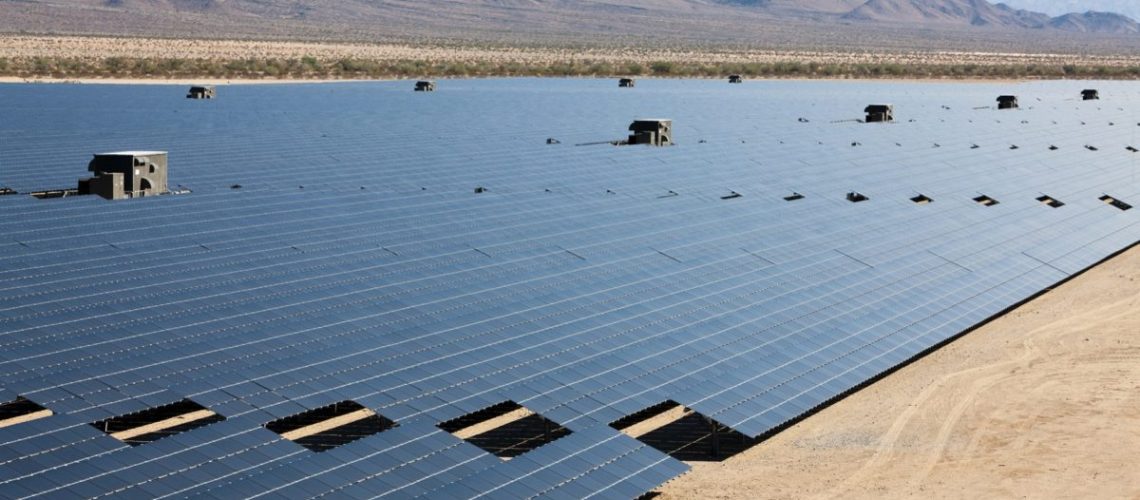The Department of Energy awards $9.5 million to four projects intended to learn about best community engagement practices for solar siting and permitting.
The U.S. has a net-zero by 2050 goal, which means moving away from fossil fuel generated energy as fast as possible as much as 40% of all carbon dioxide pollution comes from fossil fuel power plants, according to the Department of Energy (DOE). The good news is that for the first time, solar accounted for over half of new electricity generation capacity added 2023 and, by 2050, solar is expected to be the largest source of generating capacity on the U.S. grid.
As the more large-scale solar projects seek approval in the U.S., the Department of Energy is concerned that measures are taken to gain public trust and understanding of the need for and scope of the projects. To that end, the DOE is investing $9.5 million in four new projects that support social science research that examines the ways that siting practices can influence public attitudes toward and permitting of large-scale solar facilities.
The award was one of four made by DOE’s Solar Energy Technologies office under their Solar Energy Evolution and Diffusion Studies 4 (SEEDS 4) program. The organizations receiving funding under the program include the Solar and Storage Industries Institute, Michigan State University, Princeton University, the and the University of Pennsylvania.
The Solar and Storage Industries Institute (S12) was awarded $2.5 million for a project that builds off the stakeholder-driven Uncommon Dialogue: Large-Scale U.S. Solar Development, convened by Stanford University, the Solar Energy Industries Associataion (SEIA) and The Nature Conservancy, and balances three imperatives in the development and deployment of large-scale solar projects: climate, conservation, and community.
In partnership with the Uncommon Dialogue working groups, the project team will identify the best ways to engage community, and these practices will be tested at large-scale solar project sites. The University of California, Santa Barbara and Lawrence Berkely National Labs will study how these practices shape local support for large-scale solar projects.
“We are incredibly excited to receive this award and thank the DOE for this opportunity to perform cutting-edge research on large-scale solar siting and permitting,” said David Gahl, executive director at SI2. “By testing stakeholder-developed community engagement practices at actual solar sites, we hope to yield new insights that improve outreach to host communities.”
Michigan State University was awarded $2.5 million for a project in which researchers will evaluate the potential to speed up large-scale solar siting and permitting processes while also reducing community burdens and improving procedural justice and energy equity. The project will study ten large-scale projects in four different regions of the country.
Princeton University was awarded $2 million for a project in which researchers will assess the potential for Community Benefit Agreements. These legal agreements between community groups and large-scale solar developers can deliver tangible benefits to communities, build credibility in solar projects and strengthen trust across stakeholder groups.
University of Pennsylvania researchers were awarded $2.5 million to evaluate how different siting practices shape community support for large-scale solar projects and how those dynamics differ across different types of communities.
Also read: Solar project developers face opposition from Joshua Tree conservationists



